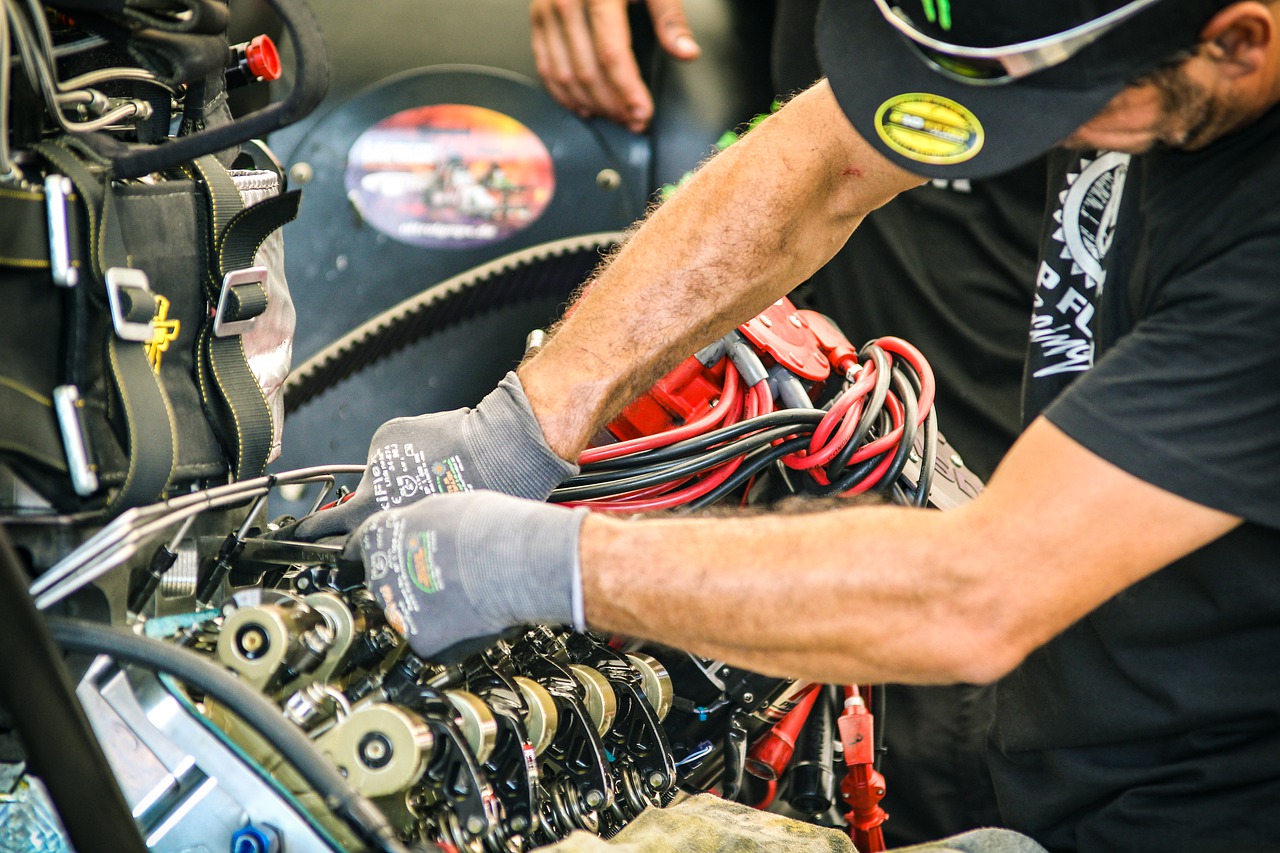Check. However, when something goes wrong is it possible to communicate with your mechanic? Or do you feel as if you’re talking to a foreign language? Use these five tips for “talking about shop” with your mechanic to ensure you get best garage in reading of your repair budget.
Tip #1: Choose a mechanic who you can be confident in
Begin with word of mouth, Link will open in a new tab.. Ask your colleagues, friends and family members and ask them for their opinions on local service establishments that are reputable and that they recommend. Research online and read reviews. Look up reputable sites for cars or message boards and learn what the opinions of customers are about the company. It is also possible to visit the store to see what they have to say prior to taking your vehicle to the mechanic.
Tip #2: Be clear in your communication and ask questions
If you can clearly state the issue with your car it will be easier for the mechanic to identify and fix the issue. Maybe you can write in advance any particular sound, smell, or sensations as well as the time and how often they happen. What happened just before the vehicle stopped running?
Also Read: How to Find a Craftsman
Also, take note of the time when the car was last seen for maintenance, as the current issue could be related to the last month’s repair. Don’t be shy in asking questions specific to your situation , Link will open in a brand new tab. about the repairs the mechanic recommends. You should ask him to inform you the exact procedure for the repair and how long the repair will take and the cost.
Tip #3 Make an estimate on paper
A detailed, written estimate of the necessary services and supplies required to fix your vehicle will help you avoid unexpected or extra costs. The estimate should contain the breakdown of costs that will let you know what the repair will cost. Estimates might not be exact to the penny, however, they can give you a an picture of what to anticipate.
Tip #4: Establish realistic expectations
It is recommended to leave your vehicle at the mechanic’s shop for the majority of the time. Even if it’s a simple repair, there could be a few other cars ahead of you in the service bay of the mechanic. Find out ahead of time when the vehicle will be at the repair facility and arrange transportation between the shop and repair shop. Be ready to pay the current rate for parts and labor.
Tip #5 Let the mechanic do the job. however, don’t take it too far.
The mechanic will not work as fast in the event that you wait around for too long. If you decide to go away, ensure that the mechanic has a number on which you can be reached easily. If they aren’t able to contact you to confirm repairs, the vehicle will take a lot longer to fix. Avoid the hassle of having to Don’t return to the repair shop until they call to confirm that the car is in good condition.
How do you talk shop?
Do you want your mechanic to be able to solve the issue? Learn his own language! Here are some definitions of frequent vehicle symptoms:
- The sound of a backfire In older vehicles, this may be like a gunshot sounding either from an engine the tailpipe.
- The bottoming-out process: If you go over an obstacle and can feel the underside of your car hit the pavement.
- It is An intermittent loss in power at the speed of acceleration.
- “Shimmy”: An extremely fast, side-to-side move that makes you feel like is coming out of the tire or steering wheel. It’s important to note when you feel it at a particular velocity or over a particular road surface.
- misfire It is a condition that causes most often when the there is a problem with the fuel supply in one engine’s combustion chambers does not ignite correctly.
- Dieseling The sound of sputtering happens when an engine is running for a short period of time after the vehicle has been switched off.
- Flare of brake: When your vehicle’s stopping distance appears to be higher than usual.
- Knocking The sound is fast rattling sound which can be heard when you speed up.

